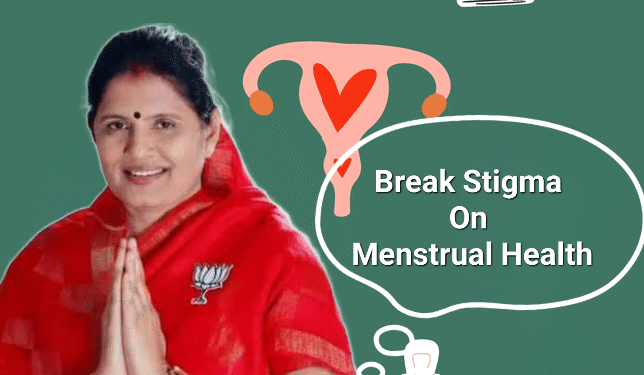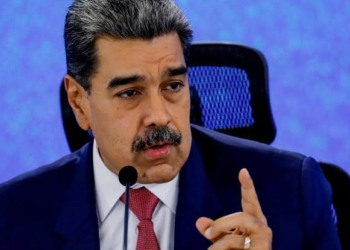At the ‘Menstrual Health & Hygiene 2025’ conclave organized by IIT Bhubaneswar, Odisha Deputy Chief Minister Pravati Parida emphasized the crucial role of male education in breaking the longstanding taboo around menstruation.
“Menstruation is a natural biological process that should no longer be silenced by stigma,” Parida stated. “Real change will come when sanitary pads are as common as rice on grocery lists or gifted by brothers to sisters.”
During the event, Parida launched ‘Project CARE’ (Campus Action for Reusable Essentials), an initiative promoting eco-friendly reusable menstrual products among girls and young women, especially in underserved communities. The launch included the distribution of reusable pads and the unveiling of sanitary napkin vending machines at IIT Bhubaneswar.
Parida also stressed the need for access to menstrual hygiene solutions in workplaces and schools, and the importance of sustainable disposal practices.
“Menstrual health is a right, not a privilege,” she asserted.
IIT Bhubaneswar Director Prof. Shreepad Karmalkar highlighted the institute’s support for menstrual health, citing their policy allowing two days of work-from-home for PhD scholars during periods, and innovations under their Research and Entrepreneurship Park including biodegradable sanitary products and AI-based health solutions.
UNICEF Odisha’s Chief of Field Office, Willian Hanlon Jr, called for partnerships to ensure access and dignity in menstrual hygiene.
“Menstruation is life-affirming, not shameful. Let’s ensure no girl misses school or suffers in silence,” he urged, marking Menstrual Hygiene Day 2025 with a pledge for collective action.




























